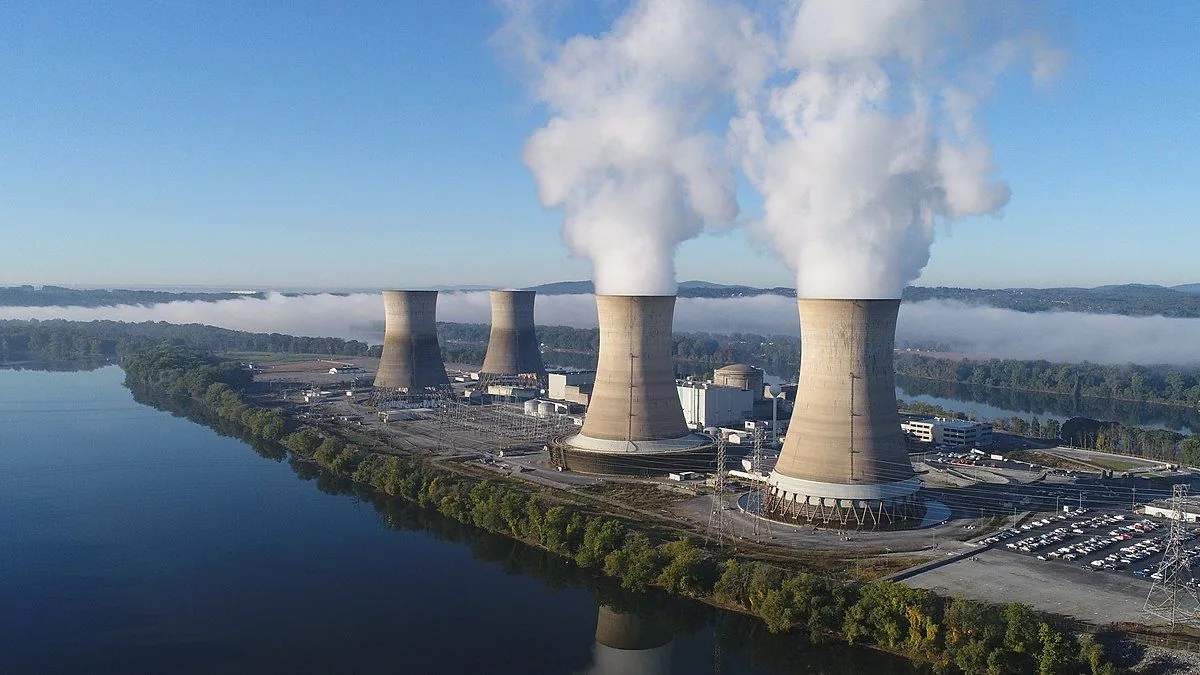Dormant Three Mile Island reactor to power Microsoft's AI ambitions
A shuttered nuclear reactor at Three Mile Island will be reactivated to meet Microsoft's growing AI energy needs. The deal marks a significant shift in powering data centers with clean nuclear energy.

In a significant development for both the energy and technology sectors, a dormant nuclear reactor at Three Mile Island in Pennsylvania is set to be revived to meet the substantial electricity demands of artificial intelligence software. Constellation Energy has announced plans to restart the reactor by 2028, with Microsoft agreeing to purchase its entire output.
The reactor, which has been inactive for five years due to economic reasons, will operate at full capacity for at least two decades. With a generation capability of 837 megawatts, it can supply power equivalent to the needs of 800,000 homes.
This decision comes 45 years after the infamous Three Mile Island nuclear disaster in March 1979, which is considered the most severe accident in U.S. commercial nuclear power plant history. The incident, involving a partial meltdown of Unit 2 reactor, led to sweeping changes in nuclear power plant operations, including emergency response planning and operator training.

Despite the historical context, Constellation Energy emphasizes that the reactor being restarted is independent of the affected Unit 2 and was not impacted by the 1979 accident. The company's president and CEO, Joseph Dominguez, stated, "Before it was prematurely shuttered due to poor economics, this plant was among the safest and most reliable nuclear plants on the grid."
The revival of this nuclear reactor underscores the rapidly growing energy demands of tech giants like Microsoft as they race to develop increasingly sophisticated AI software. Many companies are turning to nuclear power due to its high and consistent output, as well as its carbon-free nature.
"This agreement is a major milestone in Microsoft's efforts to help decarbonise the grid in support of our commitment to become carbon negative."
The deal marks the first time a U.S. reactor has been restarted after decommissioning and the first instance of a single customer agreeing to purchase a plant's entire output. As part of the agreement, the site will be renamed the Crane Clean Energy Center.
This move aligns with the growing interest in nuclear power within the tech industry. Notable figures such as Sam Altman, CEO of OpenAI, and Bill Gates, founder of Microsoft, have advocated for nuclear energy as a potential power source for the vast data centers required for advanced AI model development.
The Three Mile Island incident led to increased public skepticism about nuclear power in the United States and resulted in a moratorium on new nuclear plant construction for several decades. However, the current deal suggests a potential shift in perception, driven by the urgent need for clean, reliable energy sources to power the digital age.
As the world grapples with the dual challenges of meeting increasing energy demands and reducing carbon emissions, the revival of nuclear power plants like Three Mile Island may become more common. This trend could reshape the landscape of energy production and consumption in the era of artificial intelligence and big data.


































